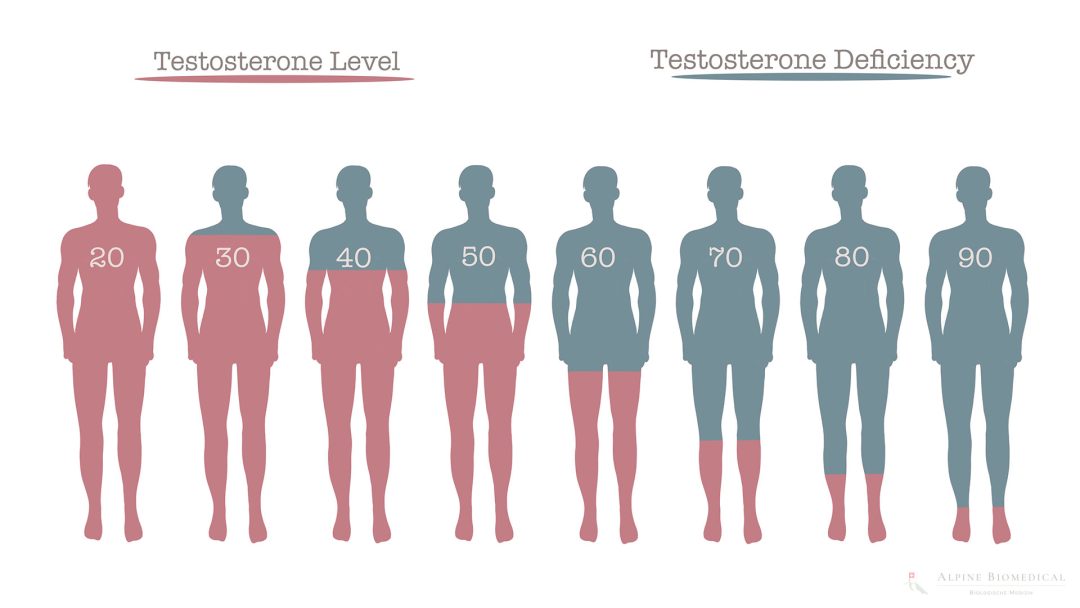Testosterone Deficiency

Testosterone deficiency is a physical condition that involves reduced production of the hormone testosterone. It can affect both men and women and lead to a variety of health disorders.
Testosterone is an essential hormone for health and well-being. A testosterone deficiency can cause different symptoms and physical changes.
Symptoms of testosterone deficiency
A testosterone deficiency affects the physical functions of men and women in similar ways. Consequently, low testosterone levels lead to similar symptoms in men and women.
The most common symptoms of testosterone deficiency include:
- Fatigue and lack of energy
- Decreased libido
- Weight gain
- Muscle weakness
- Depressive moods
Testosterone deficiency in men
As men age, testosterone levels decrease. This is a natural tendency that is influenced by a variety of factors. Aspects such as poor nutrition, stress, lack of exercise, hidden inflammation, intestinal disorders or deficiencies in vital substances can cause a testosterone deficiency. Toxicity of the body, for example with phthalates or heavy metals, can also reduce testosterone levels.
The intestines, organs that are very important for overall health, play a central role. Disorders such as leaky gut or bacterial colonisation can further increase the testosterone deficiency.
When treating a testosterone deficiency, it is also important that systemic diseases that can lead to reduced function of the gonads (hypogonadism) are evaluated.
To increase testosterone levels, read more in the article “Increase testosterone”.
Testosterone deficiency in women
In women, testosterone levels increase throughout life and then drop abruptly after menopause. However, a testosterone deficiency can also occur in women.
Some common causes of testosterone deficiency in women are taking birth control pills, stress, exposure to phthalate toxins (e.g. from plastic bottles or plastic food packaging) and micronutrient deficiencies.
During therapy, all individual causes of the woman’s testosterone deficiency should be examined and treated accordingly. Testosterone deficiency is often a result of several factors, which is why a full diagnosis is necessary.
Dr. med. Karsten Ostermann M.A.
A testosterone deficiency can lead to health problems in both men and women. The individual causes of the deficiency should be identified and treated in order to achieve long-term improvement.

Further information
The information listed contains relevant topics and serves to improve understanding.